Zuckerberg And Trump: A New Era For Tech And Politics
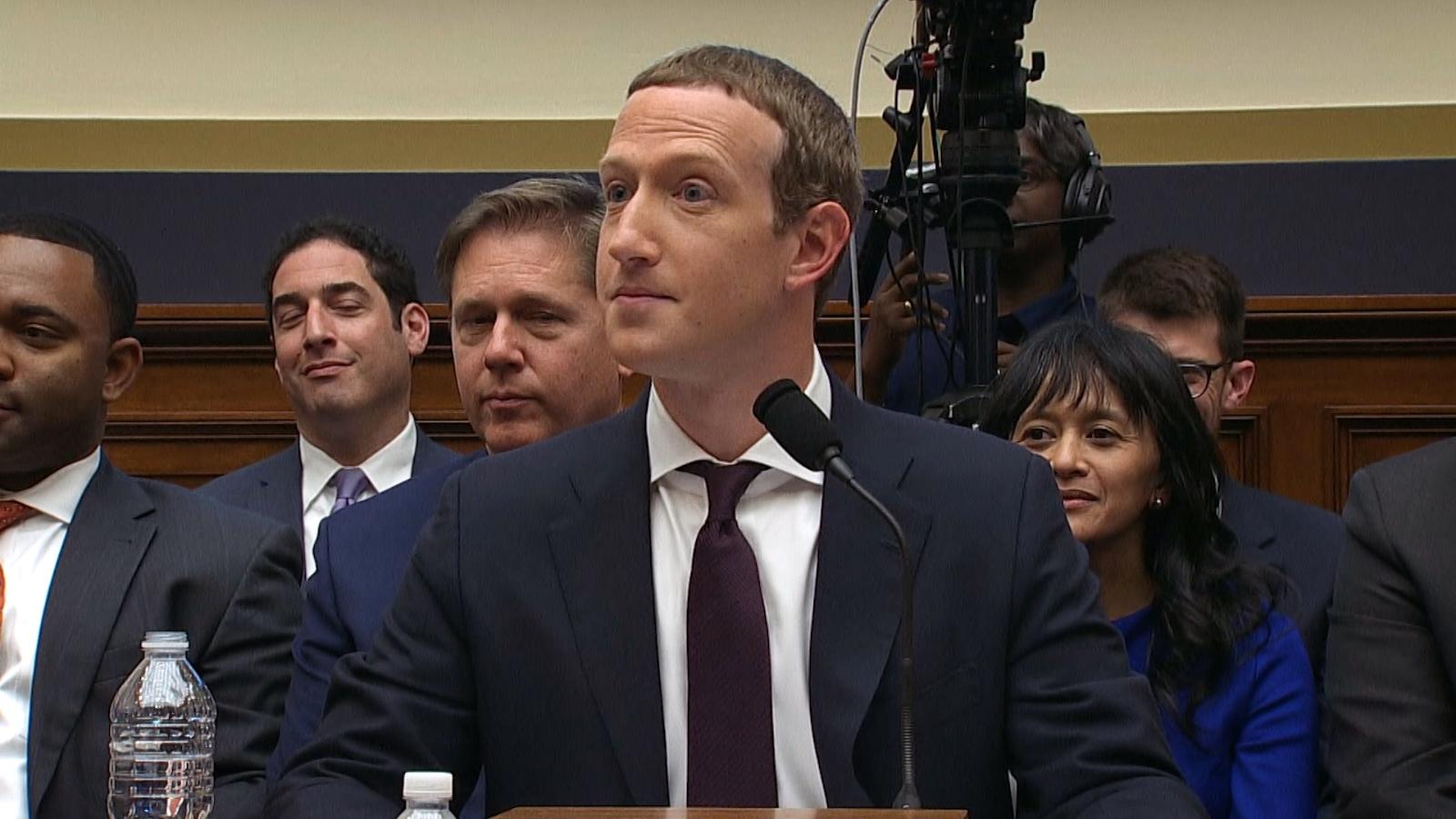
Table of Contents
The Rise of Social Media in Political Campaigns
Facebook's Role in Trump's 2016 Victory
The 2016 US Presidential election marked a turning point in the use of social media for political campaigning. Donald Trump's campaign masterfully leveraged Facebook's targeted advertising capabilities to reach specific demographics with tailored messages. This micro-targeting, combined with the platform's vast user base, allowed the campaign to bypass traditional media outlets and directly engage potential voters. The effectiveness of this strategy is undeniable, contributing significantly to Trump's unexpected victory.
However, this success came at a cost. The Cambridge Analytica scandal, which involved the harvesting of user data without consent to influence voter behavior, exposed the vulnerabilities of Facebook's data privacy policies and raised serious ethical concerns about the use of personal information in political campaigns. This incident highlighted the potential for manipulation of algorithms and the spread of misinformation through targeted ads.
- Increased voter engagement: Facebook facilitated unprecedented levels of direct communication between candidates and voters.
- Spread of misinformation: The platform became a breeding ground for "fake news" and propaganda, impacting voter decisions.
- Manipulation of algorithms: The Cambridge Analytica scandal exposed how algorithms could be manipulated to target specific demographics with biased content.
- Ethical considerations: The use of personal data for political advertising raised serious ethical questions about privacy and informed consent.
Zuckerberg's Testimony Before Congress
Mark Zuckerberg's appearances before Congress in response to the Cambridge Analytica scandal and broader concerns about election interference, misinformation, and data privacy, underscored the growing scrutiny of Facebook's role in shaping political discourse. His testimony highlighted the challenges of regulating online content, the ongoing debates surrounding Section 230 (which provides legal protection to online platforms), and the accountability of social media companies for the content shared on their platforms. Criticism centered around Facebook's perceived slow response to malicious activity and accusations of political bias in content moderation policies.
- Regulation of social media: Zuckerberg's testimony fueled calls for increased government regulation of social media platforms.
- Section 230 debates: The legal protections afforded to social media companies under Section 230 came under intense scrutiny.
- Accountability for online content: The need for social media companies to take greater responsibility for the content shared on their platforms became a central issue.
- Political bias accusations: Facebook faced accusations of bias in its content moderation policies, leading to further debates about transparency and fairness.
The Impact on Political Discourse and Public Opinion
The Spread of Misinformation and "Fake News"
Social media, particularly Facebook, played a significant role in the proliferation of misinformation and "fake news" during the 2016 election and subsequent political events. The ease with which false or misleading information can be created and shared online, coupled with the algorithms that prioritize engagement over accuracy, created an environment conducive to the spread of propaganda and disinformation campaigns. This impacted public trust in traditional media outlets and exacerbated political polarization.
- Impact on trust in media: The spread of misinformation eroded public trust in traditional news sources.
- Polarization of political views: Echo chambers and filter bubbles on social media amplified existing biases and contributed to political division.
- Challenges for fact-checking initiatives: Fact-checking organizations struggled to keep pace with the volume of false information circulating online.
- The role of bots and trolls: Automated accounts and coordinated disinformation campaigns further complicated the problem.
The Shifting Landscape of Political Advertising
The digital age has dramatically altered the landscape of political advertising. Targeted advertising, fueled by data analytics, allows campaigns to micro-target specific voter segments with personalized messages, increasing the effectiveness of campaign spending. However, this targeted approach raises serious ethical concerns about the use of personal data and its potential for manipulation. The lack of transparency in online political advertising further complicates the issue, making it difficult to track campaign spending and identify potential sources of foreign interference.
- Transparency in political spending: The lack of transparency in online political advertising makes it difficult to monitor campaign finances.
- Targeting vulnerable demographics: Targeted advertising raises ethical concerns about manipulating vulnerable populations.
- The influence of big data: The use of big data in political campaigns has significant implications for privacy and democracy.
- Regulation of online political ads: There's a growing need for stricter regulations to ensure transparency and accountability in online political advertising.
The Future of Tech and Politics: Lessons Learned and Challenges Ahead
Increased Regulation and Accountability
The events surrounding Zuckerberg and Trump have underscored the urgent need for increased regulation and accountability for social media platforms. Discussions around data privacy laws, election security measures, and international cooperation are crucial in addressing the challenges posed by the intersection of technology and politics. Greater transparency and responsibility from social media companies are essential for maintaining the integrity of democratic processes.
The Importance of Media Literacy
Improving media literacy education is critical to equipping citizens with the skills to critically evaluate online information. This includes understanding how algorithms work, identifying biases, and recognizing misinformation tactics. Promoting media literacy can empower individuals to make informed decisions and resist manipulation.
Protecting Democratic Processes
Protecting democratic processes from manipulation and interference in the digital age requires a multifaceted approach. This includes strengthening election security measures, combating disinformation campaigns, and fostering civil discourse. International cooperation is also vital in addressing the transnational nature of many online threats.
- Data privacy laws: Stronger data privacy regulations are needed to protect user information from misuse.
- Election security: Robust measures are required to protect election systems from cyberattacks and manipulation.
- International cooperation: Global collaboration is crucial to combatting transnational disinformation campaigns.
- Civil discourse initiatives: Promoting civil discourse and respectful dialogue online is essential for fostering a healthy democracy.
Conclusion:
The relationship between Zuckerberg, Trump, and the broader intersection of technology and politics has irrevocably changed the landscape of modern political campaigns and public discourse. The lessons learned from their interactions, including the spread of misinformation, the power of targeted advertising, and the need for increased regulation, are crucial for navigating the future. Understanding the complexities of this dynamic relationship is essential for protecting democratic processes and fostering a more informed and engaged citizenry. To stay informed about the ongoing evolution of this crucial relationship, continue researching the impact of Zuckerberg and Trump on the future of tech and politics.

Featured Posts
-
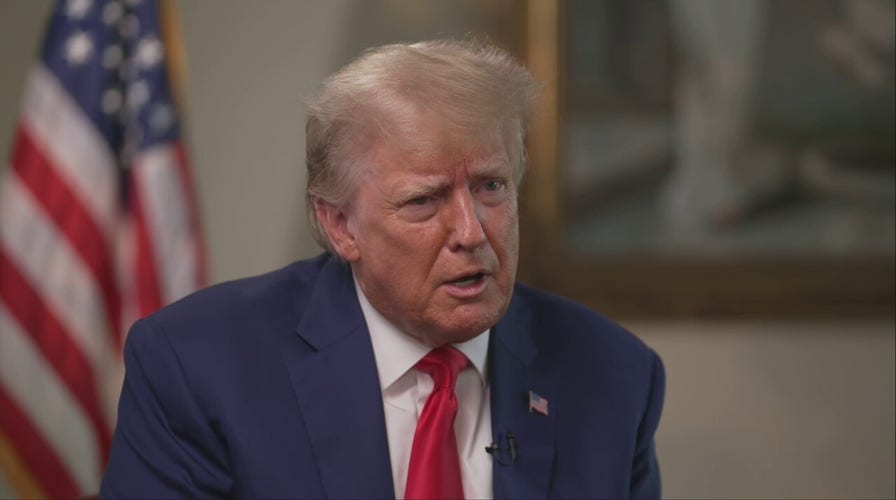 Kyivs Dilemma Responding To Trumps Plan To End The Ukraine Conflict
Apr 22, 2025
Kyivs Dilemma Responding To Trumps Plan To End The Ukraine Conflict
Apr 22, 2025 -
 1 Billion More Trump Administrations Latest Funding Cut To Harvard
Apr 22, 2025
1 Billion More Trump Administrations Latest Funding Cut To Harvard
Apr 22, 2025 -
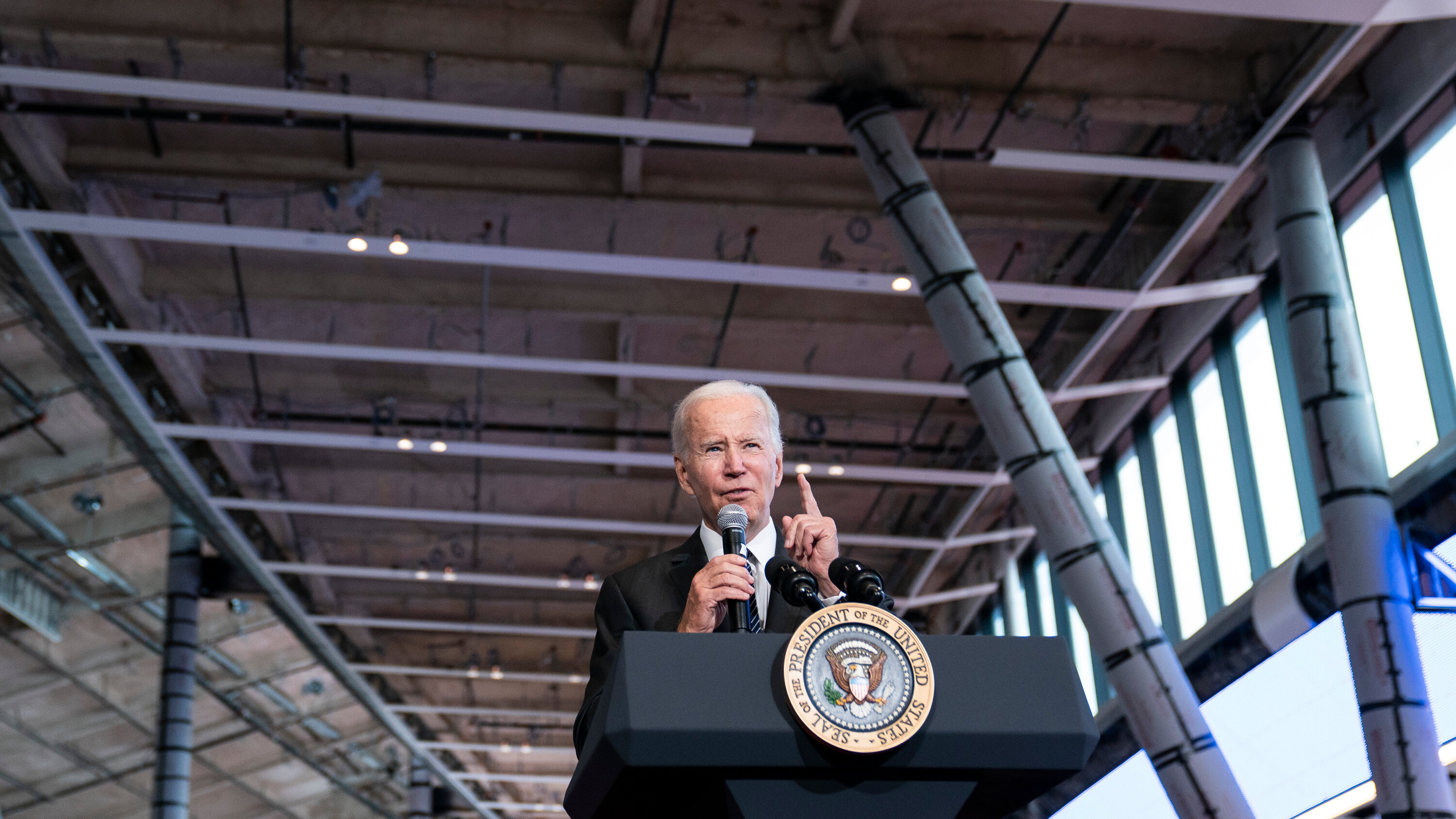 Increased Tensions 1 Billion Further Reduction In Harvard Funding By Trump Administration
Apr 22, 2025
Increased Tensions 1 Billion Further Reduction In Harvard Funding By Trump Administration
Apr 22, 2025 -
 U S China Relations A Breakdown And The Looming Cold War
Apr 22, 2025
U S China Relations A Breakdown And The Looming Cold War
Apr 22, 2025 -
 Investing In The Future Identifying The Countrys Top Business Locations
Apr 22, 2025
Investing In The Future Identifying The Countrys Top Business Locations
Apr 22, 2025
Latest Posts
-
 To Buy Or Not To Buy Palantir Stock Before May 5th A Data Driven Approach
May 10, 2025
To Buy Or Not To Buy Palantir Stock Before May 5th A Data Driven Approach
May 10, 2025 -
 Palantir Stock Investment Analysis Before May 5th Earnings Report
May 10, 2025
Palantir Stock Investment Analysis Before May 5th Earnings Report
May 10, 2025 -
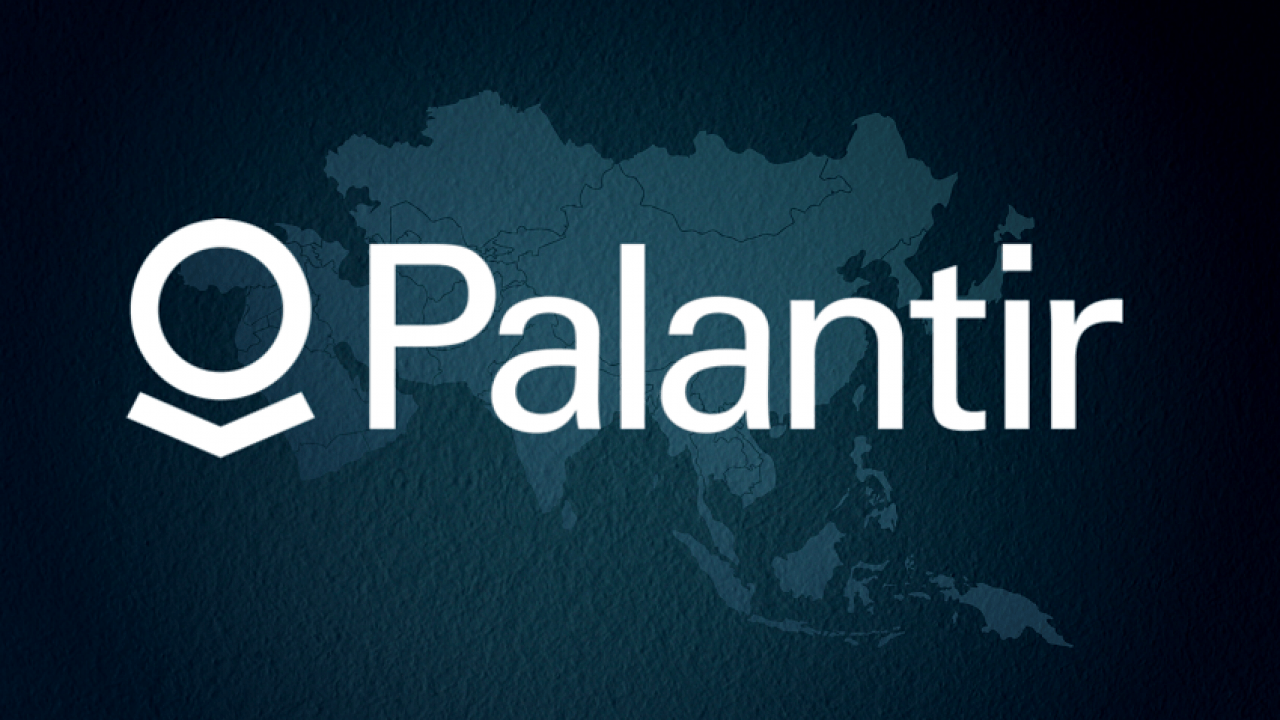 Palantir Stock Before May 5th Is It A Buy Or Sell
May 10, 2025
Palantir Stock Before May 5th Is It A Buy Or Sell
May 10, 2025 -
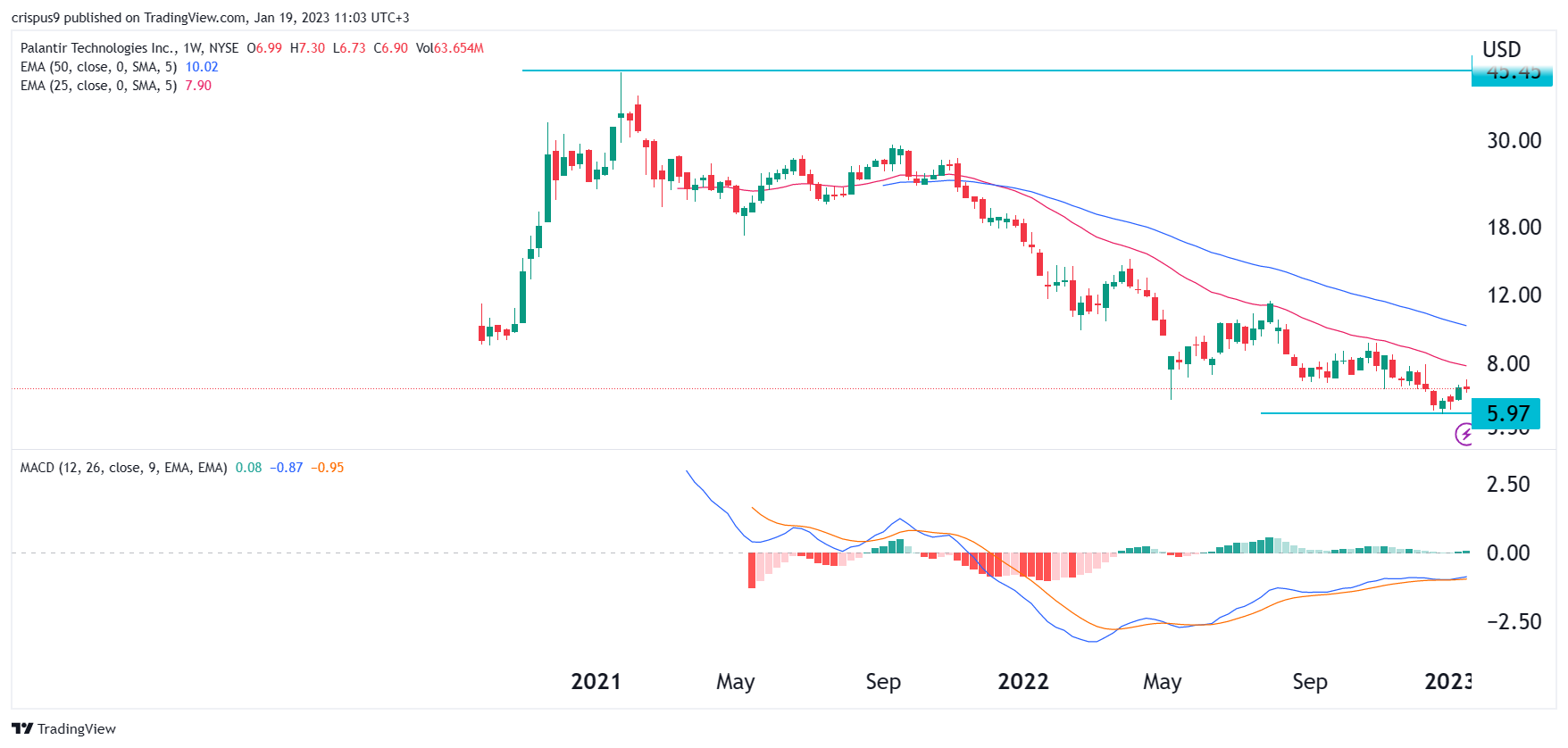 To Buy Or Not To Buy Palantir Stock Before May 5th Expert Analysis
May 10, 2025
To Buy Or Not To Buy Palantir Stock Before May 5th Expert Analysis
May 10, 2025 -
 Palantir Stock A Detailed Investment Assessment For 2024
May 10, 2025
Palantir Stock A Detailed Investment Assessment For 2024
May 10, 2025
